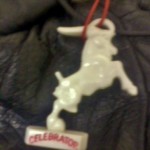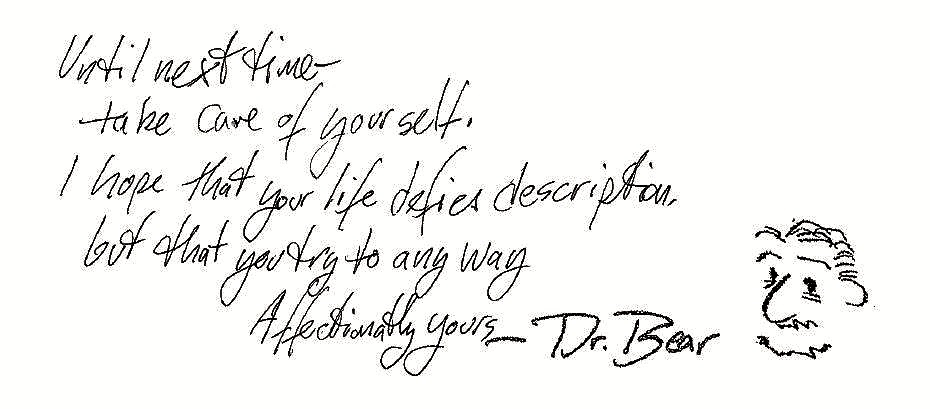Happy Chinese New Year!
In today’s recipe, I suggested adding root vegetables, and realized  that there are a large variety of names & nicknames for turnips and rutabagas (turks, swedes, neeps, tumshie, etc.). Since Americans so seldom use these, the names aren’t important, but some places they are, especially as the name says something about how they are to be used.
that there are a large variety of names & nicknames for turnips and rutabagas (turks, swedes, neeps, tumshie, etc.). Since Americans so seldom use these, the names aren’t important, but some places they are, especially as the name says something about how they are to be used.
 We cannot think without categories, and cannot share our thoughts without terms for these categories. Because I encounter them rarely (especially in this weather), it is not necessary for me to distinguish between different kinds of monkeys. It is possible, in fact even probably, that there are people for whom the differences between the 260-odd kinds of monkey are much more important, and much more pronounced.
We cannot think without categories, and cannot share our thoughts without terms for these categories. Because I encounter them rarely (especially in this weather), it is not necessary for me to distinguish between different kinds of monkeys. It is possible, in fact even probably, that there are people for whom the differences between the 260-odd kinds of monkey are much more important, and much more pronounced.
Many 20th century thinkers dealt with the question of categories, Michel Foucault, George Lakoff, to name a few. In his piece ‘El idioma analítico de John Wilkins’, Jorge Luis Borges, writes of a fabled Chinese dictionary entitled The Celestial Emporium of Benevolent Knowledge, in which animals can be:
- (a) those belonging to the Emperor
- (b) those that are embalmed
- (c) those that are tame
- (d) pigs
- (e) sirens
- (f) imaginary animals
- (g) wild dogs
- (h) those included in this classification
- (i) those that are crazy-acting
- (j) those that are uncountable
- (k) those painted with the finest brush made of camel hair,
- (l) miscellaneous
- (m) those which have just broken a vase
- (n) those which, from a distance, look like flies.
Today, according to the lunar calendar used in China, is the beginning of a new year. The sign for this year in the astrological calendar is 羊 (yang), not to be confused with 陽 (yang), one of the elements of the  . If you look at 羊 , you might notice that it has little horns on the top. It refers to a general kind of horned animal, sometimes a sheep, sometimes a goat,
. If you look at 羊 , you might notice that it has little horns on the top. It refers to a general kind of horned animal, sometimes a sheep, sometimes a goat,  sometimes a ram. The BBC, The Old Gray Lady, NPR and other western news sources are unsettled by the vagueness of this name and category, but China has managed to get by with it for centuries.
sometimes a ram. The BBC, The Old Gray Lady, NPR and other western news sources are unsettled by the vagueness of this name and category, but China has managed to get by with it for centuries.
The categories by which we interact with the world make them our worlds, but they also make the world for other people. Heidegger once wrote that “Language is the house of being. In its home human beings dwell. Those who think and those who create with words are the guardians of this home.” So be careful whom you call a sheep and whom you call a goat.
I’ll leave you with my best wishes, and this quote from Borges:
The impossibility of penetrating the divine scheme of the universe does not, however, dissuade us from planning human schemes, even though we know they must be provisional.

